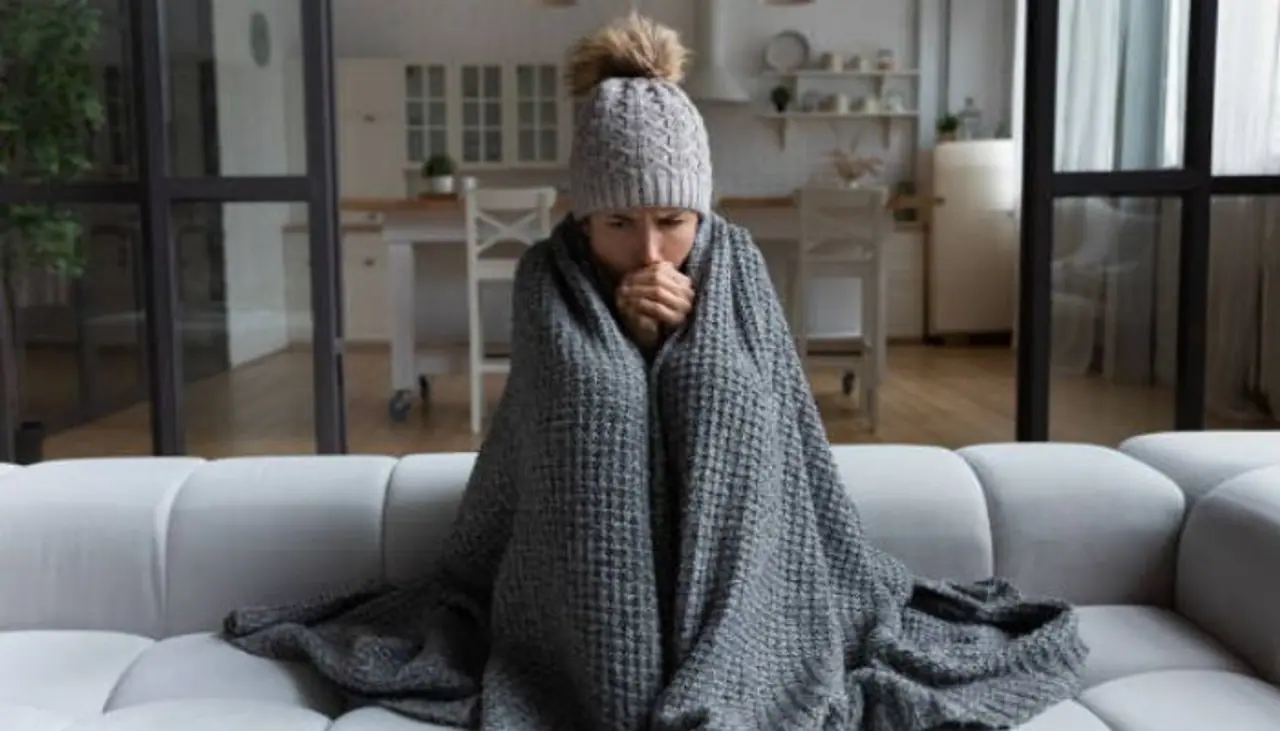Feeling colder than others during Winter? THIS might be the reason
Feeling colder than others might indicate deficiencies in iron, B12, folate, or vitamin C, which disrupt thermoregulation and oxygen flow. Conditions like hypothyroidism or Raynaud's disease could also be culprits. Consult a doctor, get tested, and address deficiencies to restore warmth and energy.

Struggling with winter chill?
Some feel fine in sweaters, while others shiver constantly. Could your sensitivity to cold be due to vitamin deficiencies? Let’s find out.

How your body controls temperature
Thermoregulation maintains body heat. Deficiencies in iron, B12, or folate disrupt this process, making it harder for your body to retain warmth.
Why Iron matters for warmth
Iron is key to haemoglobin production, which delivers oxygen. Low iron levels (anaemia) limit heat generation, causing cold sensitivity, fatigue, and weakness.
Vitamin B12
B12 supports red blood cell creation and nerve health. A deficiency may lead to anaemia, cold extremities, and poor oxygen circulation, heightening cold sensitivity.
Vitamin B9
Vitamin B9 (folate) aids red blood cell formation. Folate deficiency disrupts this process, leading to coldness, fatigue, and reduced oxygen flow to tissues.
Vitamin C and Iron absorption
Vitamin C helps your body absorb iron efficiently. Without it, iron deficiencies persist, causing anaemia and making you feel colder than usual.
Health issues
Constant coldness might signal conditions like hypothyroidism or Raynaud's disease. Nutrient deficiencies could also be a reason. Check with a doctor.
Consult a doctor
If you're frequently cold, consult a doctor for a blood test. Treat deficiencies in iron, B12, folate, or vitamin C to regain warmth and energy.
Explore the latest Lifestyle News covering fashion, wellness, travel, Food and Recipes, and more. Stay updated with trending Health News, fitness tips, and expert insights to inspire your daily living. Discover personalized lifestyle trends that keep you stylish and informed. Download the Asianet News Official App from the Android Play Store and iPhone App Store for everything that adds value to your everyday life.